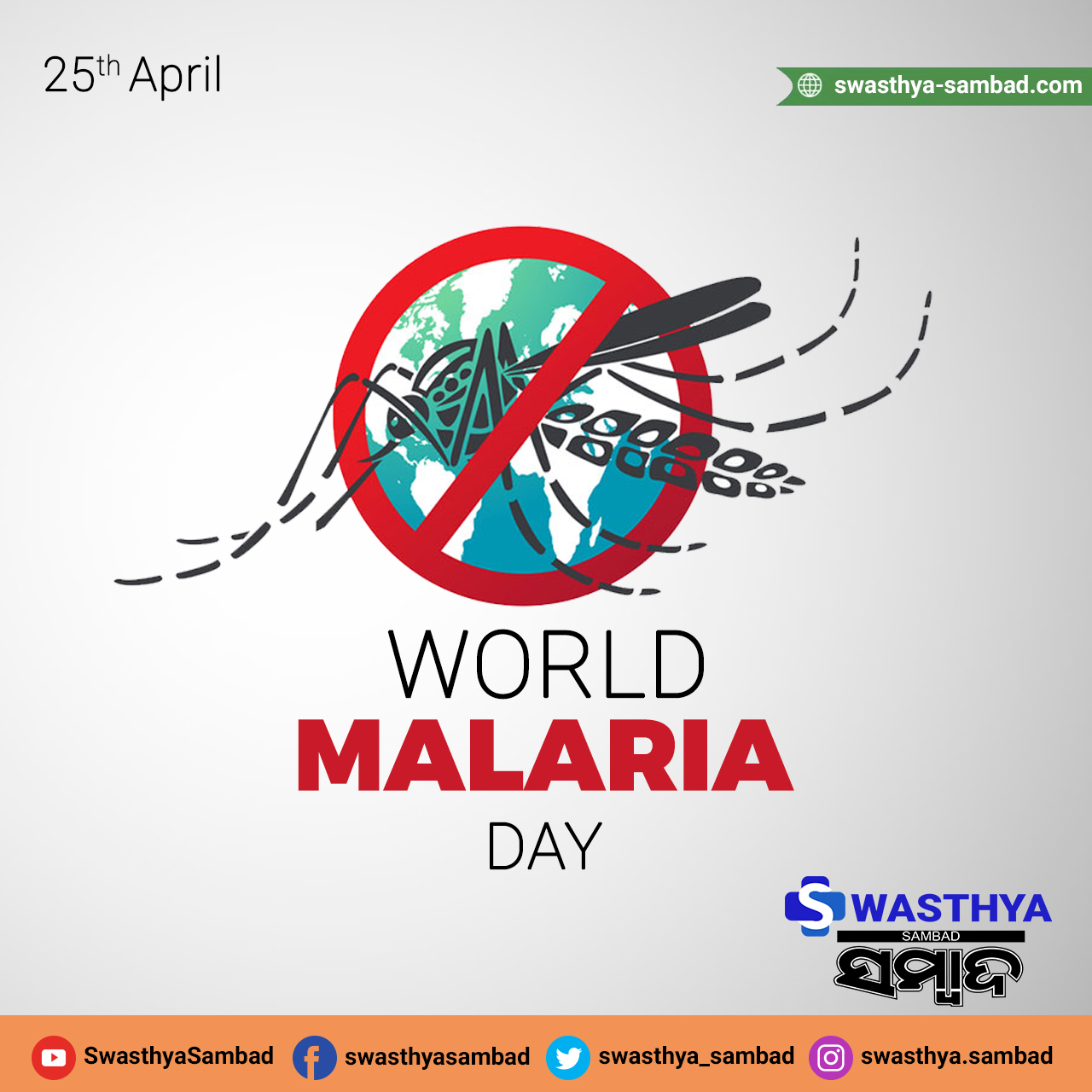A potentially fatal blood illness spread by mosquitoes, malaria remains one of the most dangerous and life-threatening infectious diseases. According to the World Health Organization (WHO), early diagnosis and treatment of malaria reduces disease, prevents deaths, and contributes to reducing transmission. WHO recommends that all suspected cases of malaria be confirmed using parasite-based diagnostic testing (through either microscopy or a rapid diagnostic test) if one experiences mild symptoms like fever, chills, and headache, or severe symptoms like fatigue, confusion, seizures, and difficulty breathing.
This World Malaria Day, observed annually on April 25, here are some dietary recommendations to fight malaria apart from safeguarding against mosquito bites to prevent recurrent infections.
Tips to fight Malaria
Opt for a high-carbohydrate diet: In malarial fever, the body’s metabolic rate increases (it burns more calories at rest), increasing the requirement for calories. So, choose a high-carbohydrate diet. Opt for rice over whole grains and millet since they are easily digestible and release energy faster.
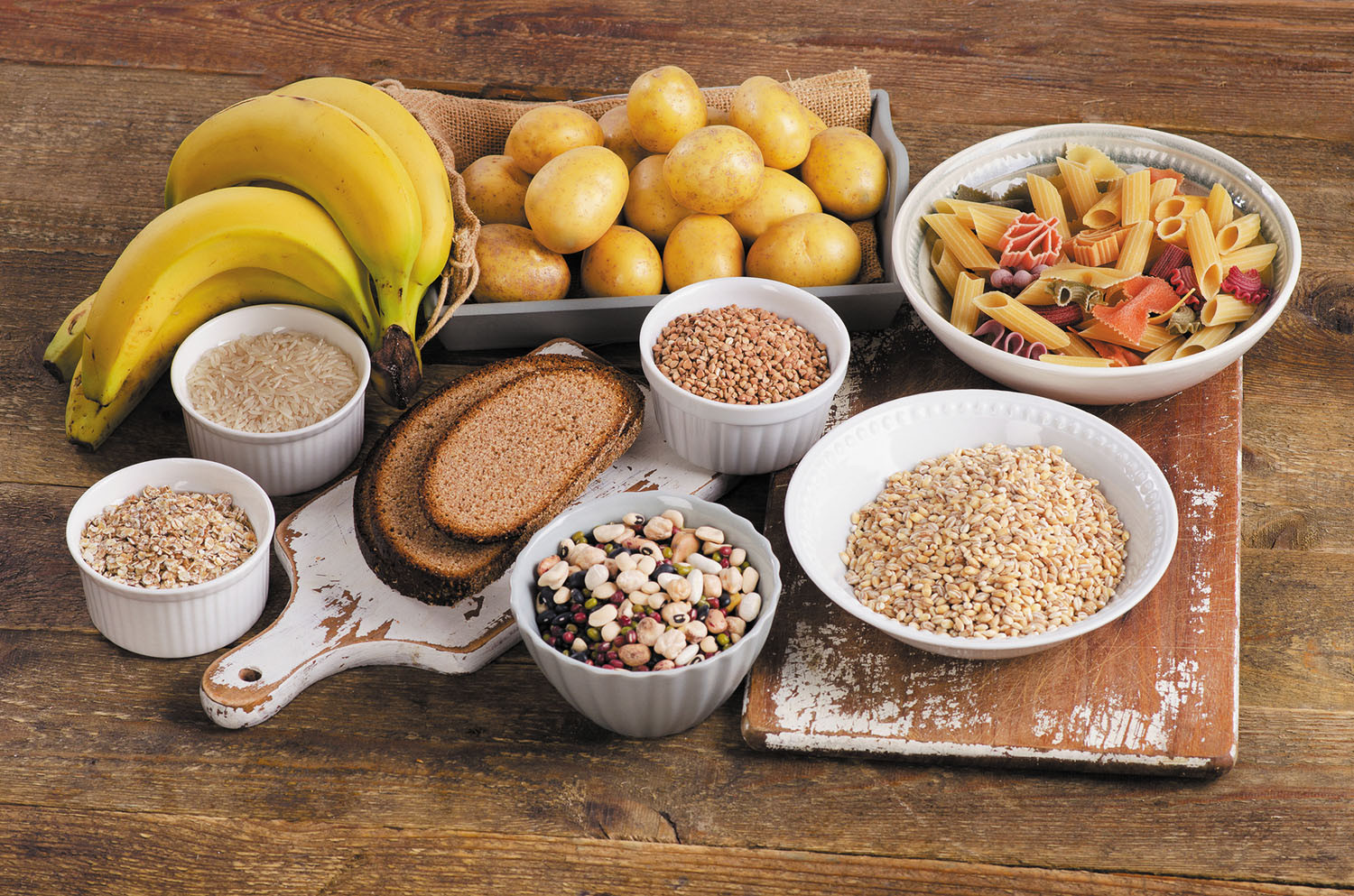
Harvard/Swasthya Sambad
Hydrate your body: Include fluids in every possible way you can. Opt for coconut water, sugarcane juice, fresh fruit juice, lemon water, soups, and stews. Boil the water properly before consuming as it kills microorganisms, making it safe to drink. Fluids flush out toxins through urine, helping you recover faster.
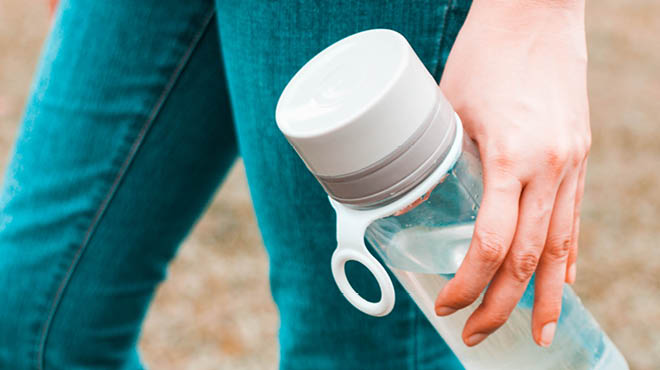
Mayo/Swasthya Sambad
Control fat intake: Load your body with good fats (Omega 3s) from flax seeds, chia seeds, walnuts, fish, and fish oil supplements, which helps reduce inflammation. You can also roast them and have them as snacks. However, excessive fried food can aggravate nausea and digestion, resulting in diarrhoea.
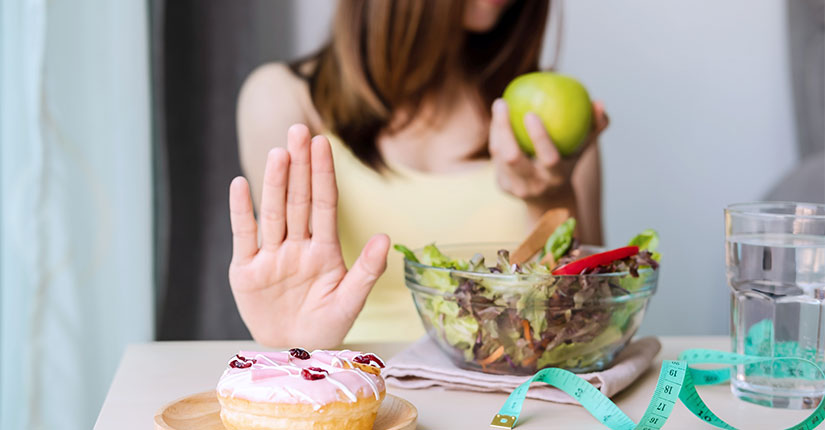
NMAMI/Swasthya Sambad
Increase vitamin intake: Vitamins A and C help maintain immune function; they fight against free radicals and protect the body from infections. Include fruits: papaya, mango, grapes, sweet lime, and pineapple since they help boost immunity.
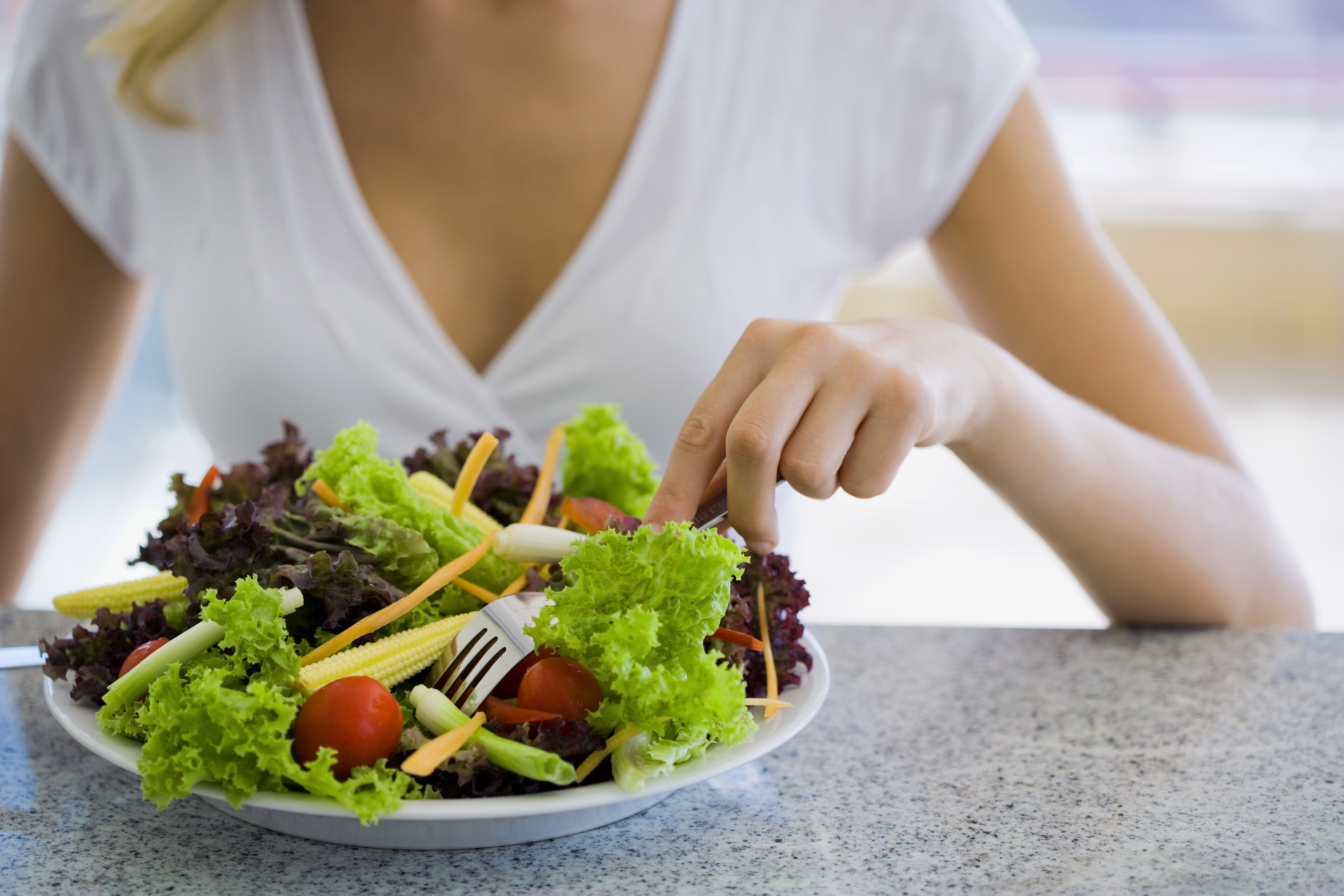
Avoid these foods: Stay away from whole grains, millet, and high-fibre foods. Restrict spicy/hot foods, pickles, junk, and oily food since they may cause stomach issues and heartburn. Avoid intake of tea, coffee and other caffeinated drinks.

